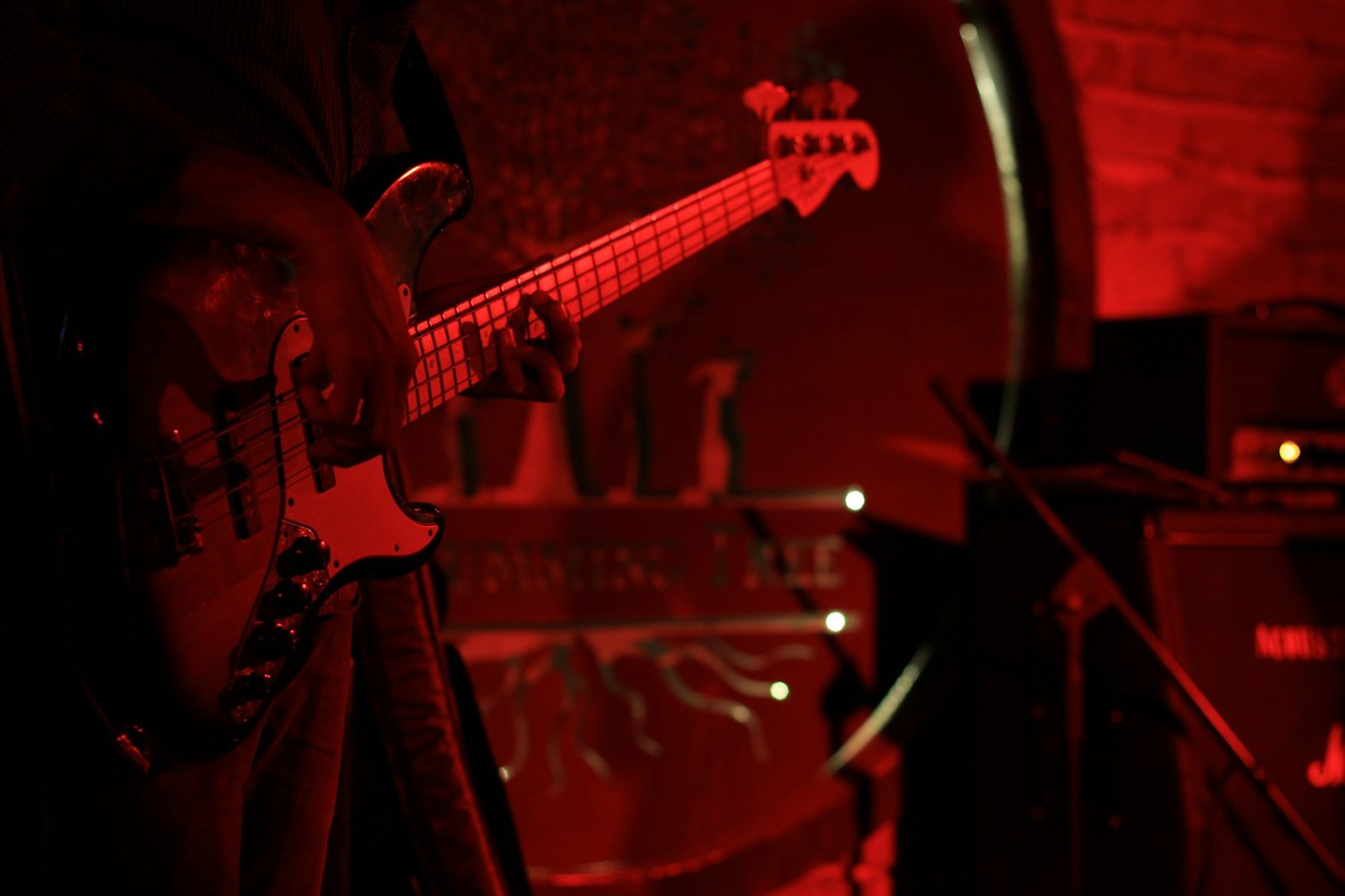
The Origins of Concert Experiences
In the early days of music, performances were often held in intimate settings, such as local taverns or homes, where musicians played for small groups of friends and family. This personal connection laid the foundation for the concert experience we know today. The atmosphere was casual, with audiences enjoying the music while engaging in conversation, creating a communal experience.
As classical music gained prominence in the 18th and 19th centuries, concert halls began to emerge. These venues were designed to enhance the auditory experience, featuring acoustic architecture that allowed for rich sound quality. Attending a concert became a formal event, often requiring patrons to dress elegantly and adhere to social etiquette. This shift marked the beginning of a more structured concert experience, where audiences were encouraged to appreciate the artistry of the performers in a dedicated setting.
The Rise of Popular Music and Larger Venues
With the advent of the 20th century, popular music began to rise in prominence, leading to the establishment of larger venues that could accommodate more fans. Jazz clubs, rock arenas, and eventually stadiums became the new landscape for live performances. Artists like Elvis Presley and The Beatles set the stage for a new era of concerts, where the spectacle of the performance was as important as the music itself.
This period saw the introduction of elaborate stage designs, lighting effects, and larger sound systems, all aimed at enhancing the audience's experience. Concerts transformed into grand productions, complete with pyrotechnics and visual spectacles that captivated audiences. The thrill of attending a concert grew, as fans were no longer just listeners; they were part of an electrifying experience that often felt like a celebration.
The Festival Phenomenon
The 1960s and 1970s marked a significant turning point in the evolution of concert experiences with the emergence of music festivals. Events like Woodstock and Monterey Pop Festival became cultural landmarks, showcasing a diverse range of artists and genres in a single setting. These festivals brought together fans from all walks of life, fostering a sense of community and shared passion for music.
Music festivals introduced a new way of experiencing live performances. Rather than a single show, attendees could enjoy a weekend filled with performances from multiple artists, creating an immersive experience. The outdoor setting allowed for a relaxed atmosphere, where fans could freely roam between stages, discover new artists, and engage with one another. The festival experience became synonymous with freedom, creativity, and the celebration of music as a unifying force.
Technological Advancements and Enhanced Experiences
As technology continued to evolve, so did the concert experience. The introduction of advanced sound systems, LED lighting, and visual effects transformed live performances into multi-sensory experiences. Artists began to experiment with new ways to engage their audiences, incorporating visuals and storytelling elements into their shows.
Moreover, the rise of digital media and social networks revolutionized how fans interacted with artists and experienced live music. Live streaming platforms allowed fans to enjoy concerts from the comfort of their homes, expanding the reach of performances beyond traditional audiences. Artists could connect with fans in real-time, sharing behind-the-scenes moments and building a sense of community through social media.
The use of technology in concerts also enhanced audience participation. Interactive apps and platforms enabled fans to influence setlists, vote for songs, and engage with performers in ways that were previously unimaginable. This shift toward audience engagement has redefined the concert experience, making it more inclusive and dynamic.
The Future of Concert Experiences
Looking ahead, the future of concert experiences seems poised for further innovation. The integration of virtual reality (VR) and augmented reality (AR) technologies holds the potential to redefine how we experience live music. Imagine attending a concert where the stage comes to life with holographic visuals, or where fans can interact with virtual representations of their favorite artists.
Additionally, as sustainability becomes increasingly important, concert organizers are exploring eco-friendly practices to minimize the environmental impact of large events. This includes initiatives like waste reduction, renewable energy use, and sustainable transportation options. The concert experience of the future may not only focus on entertainment but also on creating a positive impact on the planet.
Conclusion
The evolution of concert experiences has been shaped by cultural shifts, technological advancements, and changing audience expectations. From intimate gatherings to large-scale festivals, live music has the power to bring people together and create lasting memories. As we look to the future, the concert experience will continue to adapt and innovate, ensuring that the joy of live music remains a vibrant part of our lives. Whether in a grand arena, a cozy venue, or a virtual space, the essence of concerts will always be about connection, celebration, and the shared love of music.